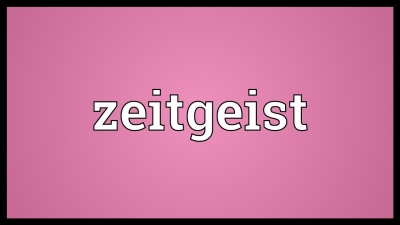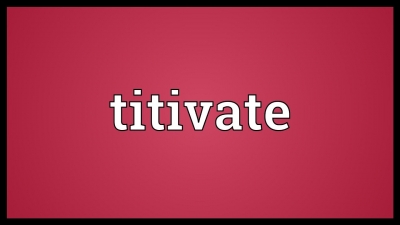
Meaning: A noun, zeitgeist means the general mood, quality or cultural climate that is representative of an era.
Origin: Zeitgeist derives its origin from German, combining the terms ‘Geist’ (spirit) and Zeit (time or historical period). Thus it means the spirit of an era.
Usage: The Woodstock was a poignant moment in history and also represented the zeitgeist of the 1960s America.
Picture Credit : Google





